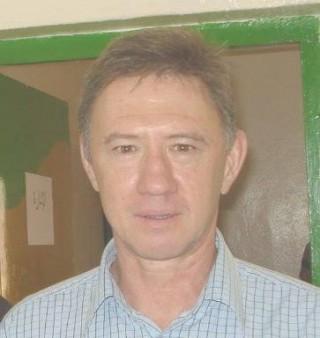
Sonelgaz announced on 19 February the award of contracts worth US$4 billion to South Korean and Spanish companies to build six power plants with a combined capacity of 1,200-1,600 MW. The contracts were awarded to three South Korean enterprises - a partnership of Hyundai Engineering and Daewoo International; Samsung and GS/Daelim; and Spain's Duro Felguera.
The US$1.37 billion contract with the South Korean consortium is to build two power plants for Sonelgaz’s Société Algerienne de Production de l'Electricité (SPE) subsidiary in Biskra and Jijel wilayas. Construction is expected to be completed 39 months.
Samsung C&T Corp said on February 20 that it had won two orders worth a combined US$1.37 billion to build two power plants for SPE in Mostaganem and Naama wilayas, worth US$763.64 million and US$608.89 million, respectively. Both contracts are expected to be completed by August 2017.
Samsung has also been awarded a contract worth US$800 million by the Groupement Timimoun (GTIM) - a joint venture between Sonatrach (51%), Total (37.75%) and CEPSA (11.25%) – for the construction of a central processing facility and related pipelines for the Timimoun gas field in south-west Algeria. The turnkey project, to be completed by April 2017 calls for Samsung Engineering to draw up the plans, handle procurement, carry out construction, and conduct a trial run.
Details of the Duro Felguera contact have not yet been released. It is therefore unclear whether this is the same contract awarded to the company in December for the construction of a combined cycle plant in Djelfa, or a new contract.
For more news and expert analysis about Algeria, please see Algeria Focus and Algeria Politics & Security.
© 2014 Menas Associates





